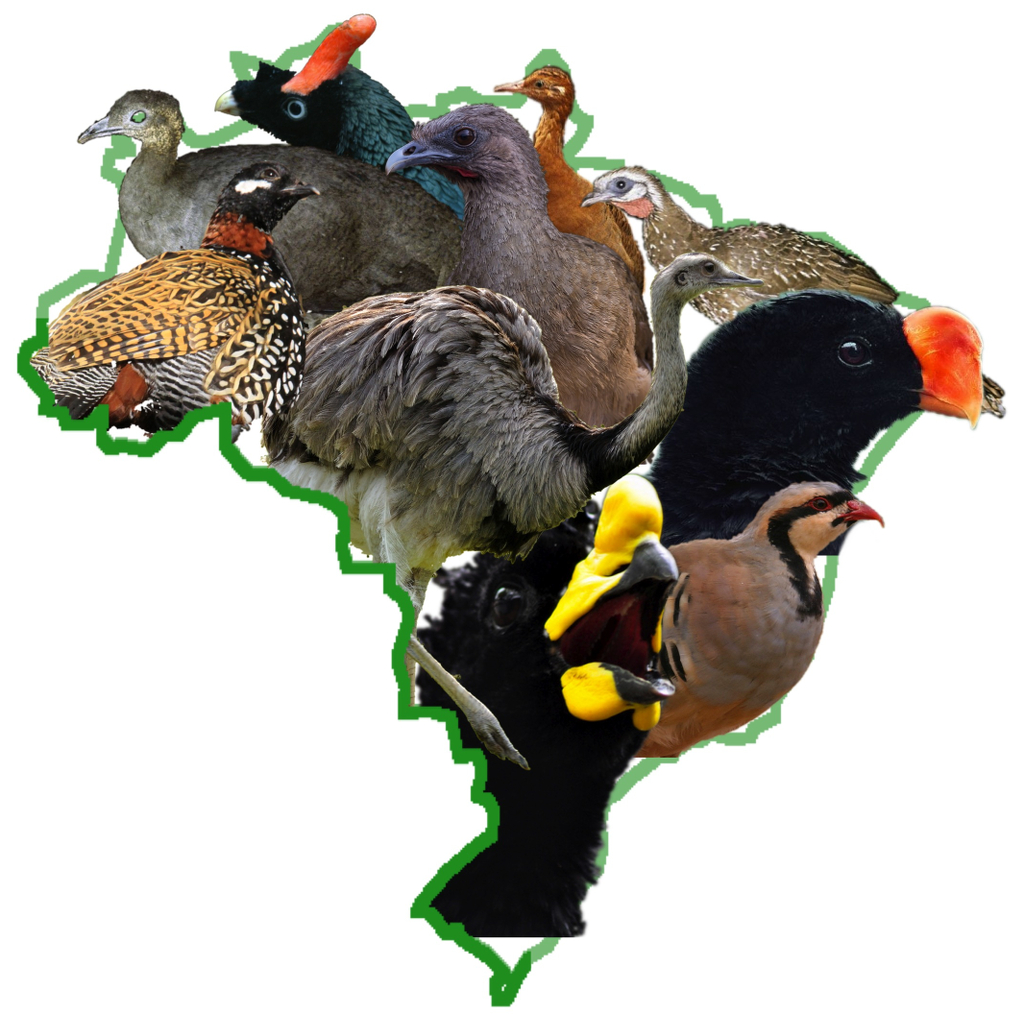- ImageCLEF 2024
- LifeCLEF 2024
- ImageCLEF 2023
- LifeCLEF 2023
- ImageCLEF 2022
- LifeCLEF2022
- ImageCLEF 2021
- LifeCLEF 2021
- ImageCLEF 2020
- LifeCLEF 2020
- ImageCLEF 2019
- LifeCLEF 2019
- ImageCLEF 2018
- LifeCLEF 2018
- ImageCLEF 2017
- LifeCLEF2017
- ImageCLEF 2016
- LifeCLEF 2016
- ImageCLEF 2015
- LifeCLEF 2015
- ImageCLEF 2014
- LifeCLEF 2014
- ImageCLEF 2013
- ImageCLEF 2012
- ImageCLEF 2011
- ImageCLEF 2010
- ImageCLEF 2009
- ImageCLEF 2008
- ImageCLEF 2007
- ImageCLEF 2006
- ImageCLEF 2005
- ImageCLEF 2004
- ImageCLEF 2003
- Publications
- Old resources
You are here
BirdCLEF 2019

Registration and data access
as username.
- First name
- Last name
- Affiliation
- Address
- City
- Country
Overview
The 2019 edition of the BirdCLEF challenge will mainly focus on the soundscape scenario that remains very challenging whereas the mono-directional identification task is now better solved.
Dataset
About 350 hours of manually annotated soundscapes recorded using 30 field recorders between January and June of 2017 in Ithaca, NY, USA. This dataset will be split in a training/validation set and a test set. For training, we will also provide a very large dataset of Xeno-Canto recordings containing thousands of species (including but not limited to the ones to be identified in the soundscapes).
Goal
The goal of the task is to localize and identify all audible birds within the provided soundscape recordings. Each soundscape will have to be divided into segments of 5 seconds, and a list of species associated to probability scores will have to be returned for each segment. Each prediction item (i.e. each line of the file) has to respect the following format:
< MediaId;TC1-TC2;ClassId;Probability>
where probability is a real value in [0;1] decreasing with the confidence in the prediction, and where TC1-TC2 is a timecode interval with the format of hh:mm:ss with a length of 5 seconds (e.g.: 00:00:00-00:00:05, then 00:00:05-00:00:10).
Each participating group is allowed to submit up to 4 runs built from different methods. Semi-supervised, interactive or crowdsourced approaches are allowed but will be compared independently from fully automatic methods. Any human assistance in the processing of the test queries has therefore to be signaled in the submitted runs.
Participants are allowed to use any of the provided metadata complementary to the audio content (.wav 44.1, 48 kHz or 96 kHz sampling rate), and will also be allowed to use any external training data but at the condition that (i) the experiment is entirely re-producible, i.e. that the used external resource is clearly referenced and accessible to any other research group in the world, (ii) participants submit at least one run without external training data so that we can study the contribution of such resources, (iii) the additional resource does not contain any of the test observations. It is in particular strictly forbidden to crawl training data from: www.xeno-canto.org
Metric
The used metric will be the classification mean Average Precision (c-mAP), considering each class c of the ground truth as a query. This means that for each class c, we will extract from the run file all predictions with ClassId=c, rank them by decreasing probability and compute the average precision for that class. We will then take the mean across all classes. More formally:
![]()
where C is the number of species in the ground truth and AveP(c) is the average precision for a given species c computed as:
![]()
where k is the rank of an item in the list of the predicted segments containing c, n is the total number of predicted segments containing c, P(k) is the precision at cut-off k in the list, rel(k) is an indicator function equaling 1 if the segment at rank k is a relevant one (i.e. is labeled as containing c in the ground truth) and nrel is the total number of relevant segments for c.
Results
Detailed results can be found in this technical report.
Cancelled subtask 2: Bird Counting
| We apologize for having to cancel the counting subtask initially planned in addition to the detection task. Due to directivity effects in the collection of multi-microphone bird recordings we processed to assess the number of singing birds in various soundscapes, we are very sorry to conclude that we cannot at this stage provide a ground truth with enough quality for a challenge. We are recording with better device a new data set, that shall allow to run this challenge next year. We are the first sorry, but we hope you'll still be interested to join this task hopefully next year. |
|---|
